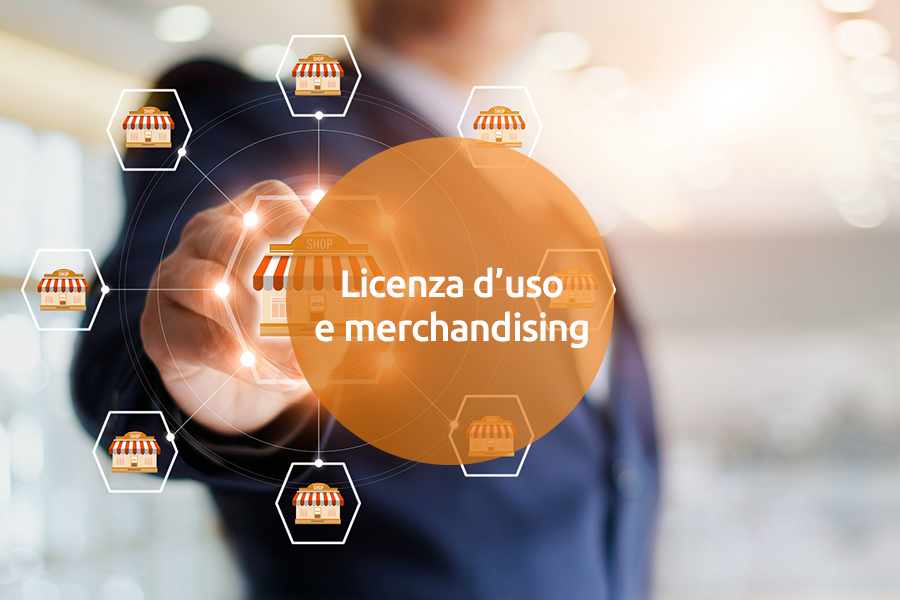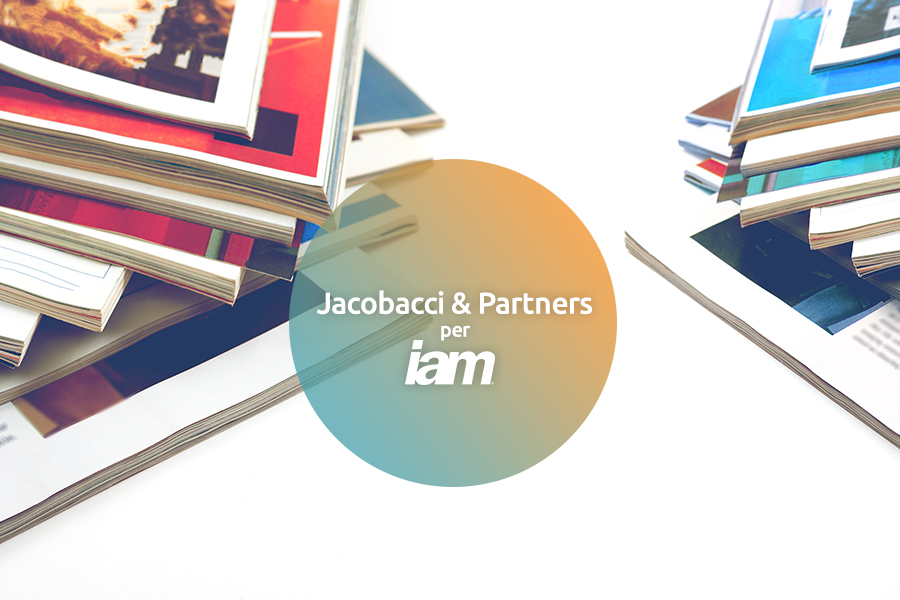Since 2016 the Italian Patent and Trademark Office (UIBM) has taken a harsh stance on registrations for ‘retail and wholesale services’ in Class 35. During this time, the UIBM has consistently refused to register applications directed to these services.
The UIBM’s rationale has been two-fold:
-
Retail and wholesale services “are not explicitly contemplated by the International Nice Classification”.
-
Retail services cannot be claimed if the seller is the maker or originator of the goods to be sold (this position appears to derive from the Italian version of the explanatory notes to the Nice Classification, which incidentally also appear to differ in the English and French versions).
In one of its many refusals of this kind, the UIBM stated that:
“if by ‘own goods’ it is intended goods manufactured by third parties and acquired to be resold in the shop or in the exhibition spaces owned by the seller, the latter has no right to be the owner of a trademark claiming the retail services, or a trademark for the product.”
According to the UIBM, a ‘retail service’ is exclusively one that is carried out by business agents (eg, intermediaries between the manufacturer and the consumer) or by other agents.
However, the acceptance of this reasoning has some paradoxical consequences:
-
Taking the position that goods which are not specifically listed in the Nice Classification cannot be claimed means that it would be impossible to claim new products and services that differ from the classification.
-
If the criteria to claim or not claim retail services in Class 35 were based on the ownership of the goods to be sold, what options does an applicant have? For example, could an applicant submit a supply agreement in order to show the UIBM that goods on sale are merely held on consignment?
UIBM’s position is of great concern to the Italian Industrial Property Consultants’ Institute, which promptly requested clarification on the matter.
Despite this call for greater clarity, the UIBM has continued to surprise everyone by upholding its strange interpretation of the Nice Classification guidelines, rather than following the clear position of the European Court of Justice (ECJ).
In 2005 the ECJ in Praktiker v Deutsche Patent und Markenamt established the following clear principles:
-
It falls to the court to provide a uniform interpretation of the concept of ‘services’ (the ECJ took this position for one simple reason: if the concept of ‘services’ were a matter for EU member states to decide, the acquisition of the right in a trademark would be subject to non-identical conditions and this would be contrary to the goals of harmonization)
-
No overriding reason based on the directive or on general principles of Community Law precludes those services from being covered by the concept of ‘services’.
-
The concept of ‘services’ within the meaning of the directive includes services provided in connection with retail trade in goods.
-
The applicant must be required to specify the goods or type of goods to which those services relate by means (for example) of providing particulars such as those contained in the application for registration.
-
The UIBM will likely review its position, both for reasons of common sense and from increasing pressure by the Italian Industrial Property Consultants’ Institute. In the meantime, however, what steps can be taken to avoid this Class 35 problem?
One potential solution with respect to Class 35 services is to file an EU trademark rather than a national (ie, Italian) application with the UIBM. The EU Intellectual Property Office routinely accepts the claim of “retail and wholesale services” and has done so for many years. This has the added benefit of acquiring a trademark, which is valid throughout the European Union.
One drawback to using this option is that an EU trademark application is more expensive than an Italian application. Part of the added expense results from the need to carry out availability searches, not only in Italy but in all 28 EU member states.
Alternatively, it is still possible to file an Italian application (claiming retail and wholesale services) and after receiving the inevitable refusal, to file observations in reply. It is hoped that by the time a decision is issued, the UIBM will have changed its position, having finally accepted that an ECJ decision carries more weight than a poorly and inconsistently translated explanatory note of the Nice Classification.





